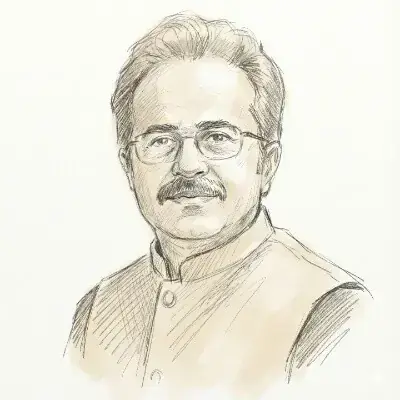With the revised deadline to wrap up corruption references against the Sharif family and former finance minister Ishaq Dar set to expire on June 9, the accountability court on Monday decided to seek another extension from the Supreme Court (SC).
During today's proceedings in the Al-Azizia reference, accountability judge Mohammad Bashir remarked that he would write a letter to the SC requesting another extension.
The SC in the July 28, 2017 Panamagate verdict, while disqualifying Nawaz Sharif from the post of prime minister, had directed the accountability court to open references against him and his family with instructions to wrap up the references within six months.
The National Accountability Bureau (Nab), on the SC's directives, had filed the quartet of references before the court in September 2017. When the SC-ascertained six-month deadline expired in March 2018, a two-month extension was granted.
The SC, on top of the first extension, had added another month to the deadline last month on the request of the accountability court.
With the revised June 9 deadline just around the corner, the court has so far only finished recording the testimonies of Nawaz, his daughter Maryam and his son-in-law retired Captain Muhammad Safdar — all in the Avenfield property references.
Nawaz is due to appear in at least another round of accountability court appearances in which he will called to record his statement in the Al-Azizia and Flagship Investment references.
The court is currently recording the testimony of Wajid Zia — the star prosecution witness in the Al-Azizia reference and the head of the joint investigation team (JIT) that probed the Panama Papers case.
After him, the prosecution will produce their final witness in Al-Azizia reference: an investigation official of the NAB.
At some point, Zia and the NAB officer in question will also have to testify in the Flagship reference, while recording of the final arguments in all three references is also on the agenda.
Zia's testimony
During Zia's cross-examination on Monday, he said that there were two parties involved in the 1978 sale agreement of the Gulf Steel Mills: Muhammad Hussain and Tariq Shafi.
He added that the JIT could not trace the whereabouts of Hussain’s legal heir Shehzad and did not quiz Tariq Shafi on the subject when he had appeared before the investigation team.
Similarly, Zia admitted that the JIT did not make any effort to include Muhammad Abdullah Kayed Ahli in the investigation regarding the agreement for the sale of the leftover shares of the Gulf Steel Mills in 1980.
Moreover, he said that the investigation team had made no effort to record the testimonies of Abdul Wahab Ibrahim Galadari and Muhammad Akram — the witnesses to the 1980 sale agreement.


































